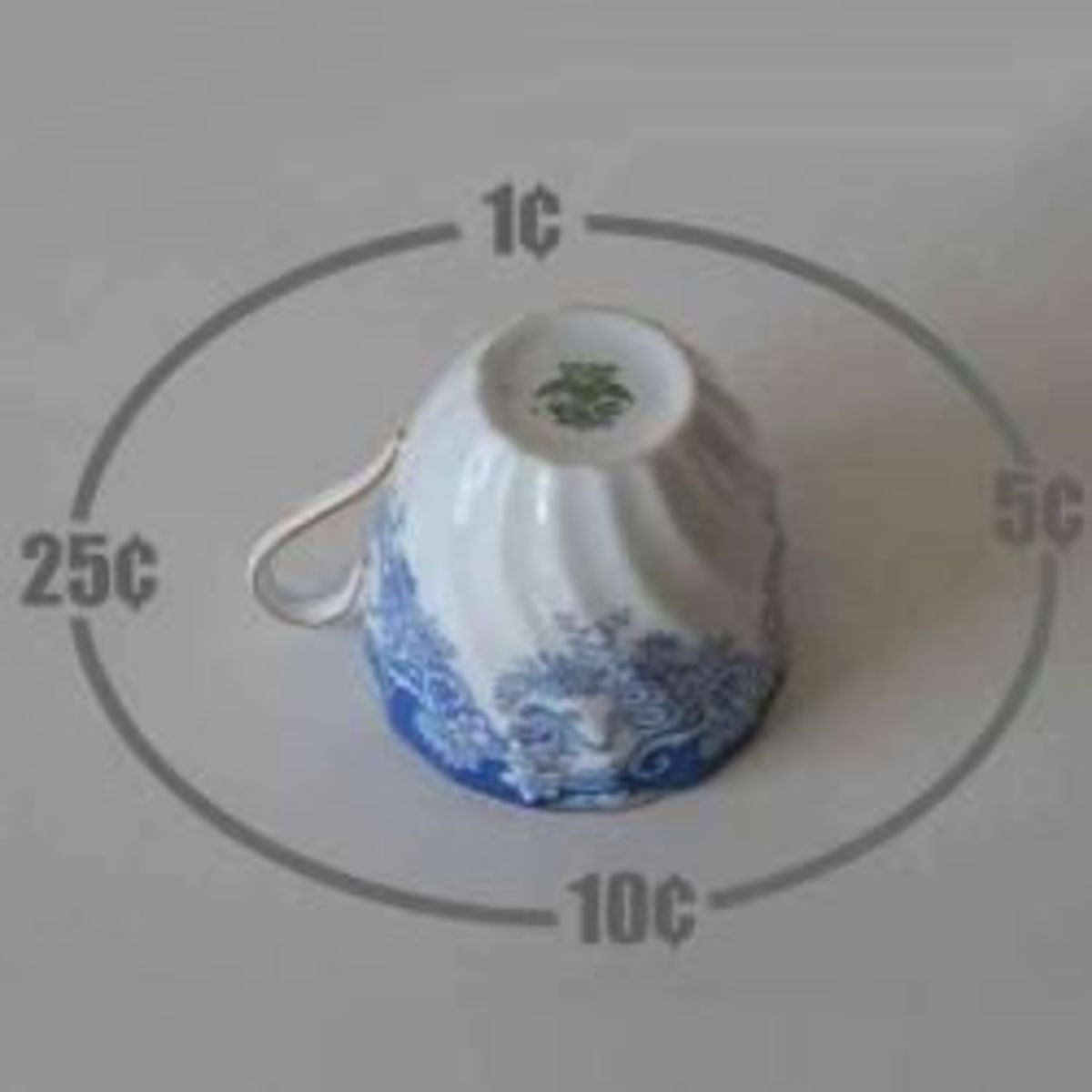31 tricks to win in a debate!!


I do not know anyone who at least had a feeling that is right about something but it fails to convince others. But there are some people who seem to always have right - that is, at least until you think about it a little better - but by then we have already agreed on something that we really should not have in life. How do they do that?
German philosopher Arthur Schopenhauer put together a list of tricks that can do just that - convince opponents and, more importantly, audiences. Of course, the original idea of collecting and publishing these tricks was the fact that people learn to recognize them and somehow they resist, but it seems that they are primarily interested in them for those who want to use them. The list is not short but I still tried all the tricks indicate here. I hope you will like it.
1. We begin with the good old trick - the over-generalization. The man says something, and we stretched it as chewing gum and attack those pieces that are going to crack any second.
2. Another trick is to catching word that the opponent is mentioned, and which does not have much to do with the topic - so turn to another theme (off topic).
3. Trick number three says to respond what the opponent does not ask (as formulated by Robert MacNamara - do not respond to what was the question, but on what you would like to it be the question).
4. The fourth trick is to first explaining it with long sentences before we say what is important
5. If you know the opponent better, we can use a fifth trick - that his beliefs or worldview turn against claims that he amounts to or things for which he stands.
6. If you do not know him well, it does not matter, because the number six said to confuse the opponent by using words of another meaning that he used.
7. Number seven says that we have bombard the opponents with a flood of questions and then say our claim.
8. Make the opponent angry as an angry man he can make mistakes.
9. Many people will get angry with the trick number nine, in which after the opponent's extended explanation we conclude - just the opposite (make him silly).
10. If the opponent is really good and for all our claims find an adequate response, we can try to trick ten - in which from the opponent seek the prove that there is the opposite of what we claim.
11. If the opponent agrees with some of our claims - we should not insist on hearing of the others, but later we should pretend that he has confirmed all of the arguments and conclusions.
12. Number 12 is used when we should ad a little spice in the discussions that are not about specific people (great people discuss about ideas, average people about events, a small souls of other people) - then it is good to use terms that have meaning and carry themselves after which an additional argument is unnecessary (like fanatic, indoctrination, plutocracy).
13. It is always good to use skillfully selected contrast.
14. Bluff, bluff and bluff.
15. But if we want to make on the superb way, 15 in this case allows you to do a little masterpiece - set the trap: when something we can not prove instead we ask the opponent the obvious that he have to agree. if he notice the trap and do not agree he turns to be silly and if he agrees we bluff. To perform this properly, it should be a special kind of guy.
16. Whatever the opponent Suggest - we try harder to find that this is in contradiction with what he normally does, suggests, or simply fails to work.
17. When opponent give a good answer, " mix up the water" insisting on the alternative meanings of words he used.
18. Do not let him finish his claim and constantly interfer with our argument.
19. If despite all of our interfers somehow he come to the point - and we are forced to answer on the question clearly, the only thing left - says the trick 19 - is to try to be as broad and in response. The opponent is sometimes so good and confident that he will agree with almost all of our claims.
20. The trick 20 warns us not to let him reach a conclusion - instead, we present the conclusion , as if the opponent agrees with everything we say.
21. Trick 21 says its poor warn that the arguments were sloppy because it is complicated to show - but that they should be equally to attack - the goal is not truth but victory.
22. Sometimes opponent will argue very good and leave us the only possible conclusion - the trick 22 says no matter what it we have to reject the conclusion by claiming that the conclusion seems obvious - but it's actually a logical error.
23. Persistent rejection of the obvious will irritate the opponent begining to exaggerate in his claims - the trick 23 says that we should wait him on do that and when hi does make a move.
24. If he do not go exxaggerate, stretch his claims beyond measure, until they are contrary to themselves - then, we reject not only them but every conclusion that they wanted to argue
25. 25 trick takes us back to on the previous case of exaggeration and generalization - is enough to find one counterexamples.
26. Sometimes we have lucky and we should put to good use. Trick 26 says that if we can turn the panel (referring to the chessboard, and some say the saw upside down) and the arguments may turn against the the opponent - we shold certainly do that.
27. If the opponent gets angry because some of our claims, the trick 27 is to continue banging the same just as insistently.
28. Happy circumstance is if we have nonprofessional audience for the topic under discussion is great ridiculed the opponent actually with wrong statement. He will try to defend from not clarifying the understanding that this is part of the trick - the audience is completely uninterested in his long and boring justification.
29. What when we see arguments are not on our side - is best to change the subject, but so it looks like this new theme is the most important thing for this discussion and correct an important failure which until now we did not touched.
30. Now we're already near the end - the trick 30 says the arguments do not target the opponent mind, but to call on authorities
31. If you have no answer on the claim of the opponent, it is best to say this has said too many smart thing and we just did not able to understand something so clever.
Well, now we know. What do we do with that knowledge?
Actually - we do not know. These things would not work so effectively to them when could easily identify as the tricks that someone in need pulls out of a hat. Most of us actually with fell for this trick, as small children - possibly recognize them when we in the role of the opponent of such a player. So, this is not the end but the beginning of the story. Stories that keep us on the end of ballads should help better understand what has happened to us - because every one sooner or later happens drop in a silly debate. And, more importantly, when we find ourselves in a situation to be nonprofessional audience - which usually are - think about it how much is based on the reality of our sense that the arguments one of the two as there are rivalries are stronger than the arguments of the other.








